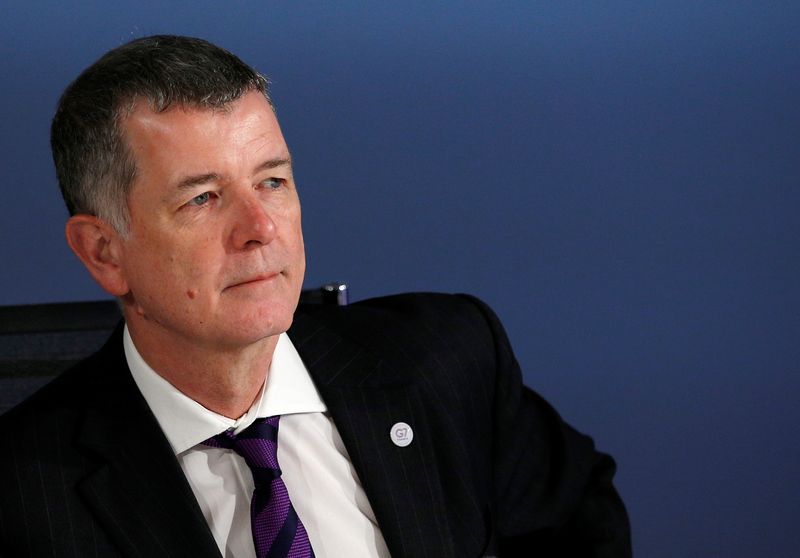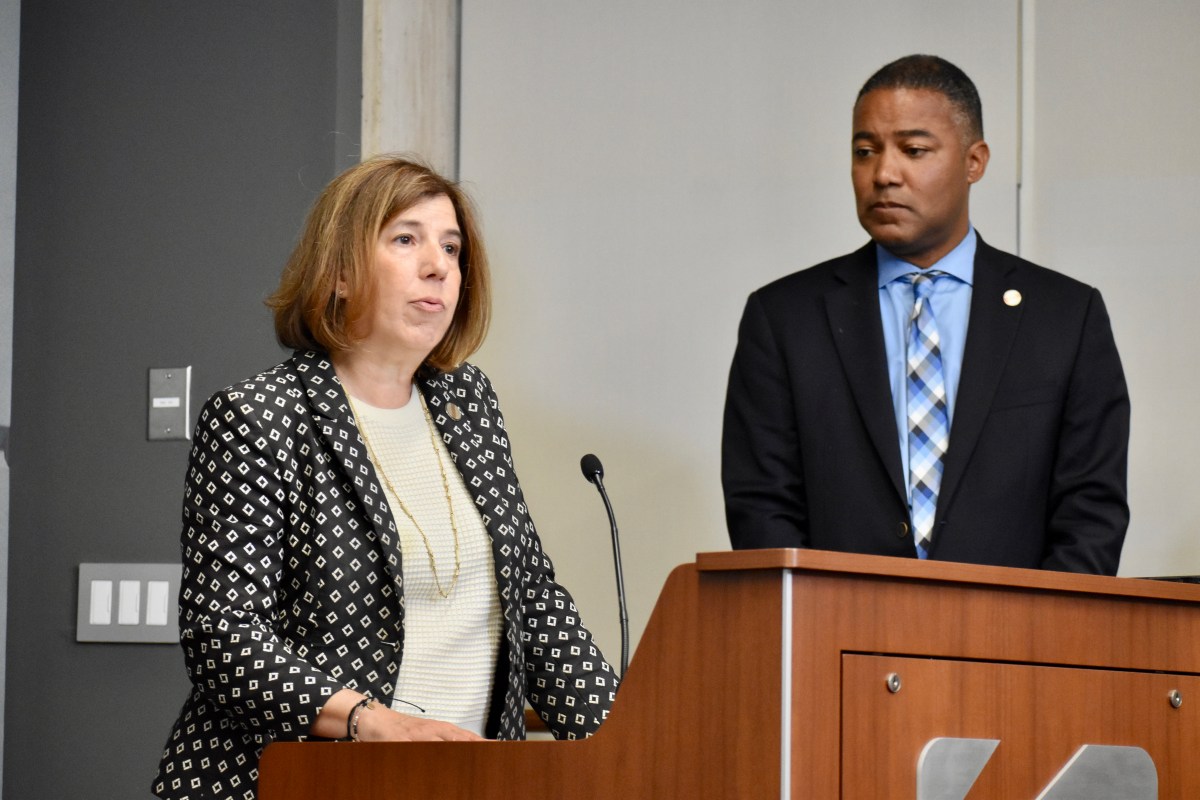By Guy Faulconbridge
LONDON (Reuters) -Spies in the United States and Britain scored an intelligence scoop by uncovering Russian President Vladimir Putin’s decision to order the biggest attack on a European state since World War Two, Britain’s foreign spy chief said.
Putin used an early morning address to the nation on Feb. 24 to order “a special military operation” against Ukraine just three days after recognising two Russian-backed rebel regions of Ukraine.
For months, U.S. and British ministers and Western security sources had warned that Russia could invade Ukraine. They stepped up warnings that an invasion was imminent in the weeks and days ahead of Putin’s declaration.
Ahead of the Russian invasion, Moscow repeatedly dismissed those claims as anti-Russian hysteria or disinformation designed to tempt Putin into a war.
“U.S. and UK intelligence communities uncovered Putin’s plans for Ukraine,” Richard Moore, the chief of Britain’s Secret Intelligence Service, known as MI6, said on Twitter.
“We exposed his attempts to engineer ‘false flag’, fake attacks to justify his invasion,” Moore said. “This attack was long planned, unprovoked, cruel aggression.”
Moore, though, did not give any sense of where the intelligence had come from.
Such was the concern over Putin’s intentions in recent weeks that snippets of U.S. and British intelligence were released into the public domain as part of an attempt to deter an invasion and caution allies about a possible war.
U.S. and British intelligence including maps of the expected invasion’s course, details on Russian military numbers, formations, intent and posture, and even dates for a possible invasion, were put into the public domain.
Prime Minister Boris Johnson repeatedly cited intelligence when issuing warnings about Russia.
Putin said he ordered “a special military operation” to protect people, including Russian citizens, subjected to “genocide” in Ukraine – an accusation the West calls baseless propaganda.
Spies spoke of how Putin had changed in recent years.
“Putin has gone through the looking glass,” former MI6 chief Alex Younger told the BBC. “I think he has changed.”
“He is isolated, badly advised and in a state of a sort of messianic certainty, dangerously combined with a high degree of frustration,” Younger said.
WATCHING PUTIN
CIA Director William Burns, a former ambassador to Moscow who speaks Russian, told the Wall Street Journal on Dec. 6 that he did not know if Putin, Russia’s paramount leader since 1999, had made up his mind to invade.
Burns said he had been sent to Moscow by President Joe Biden in November to convey directly to Putin the concerns about the military build up around Ukraine and to warn of economic sanctions if there was an invasion.
“There are lots of things that are possible, as I have learned the hard way over the years in watching Vladimir Putin – most of my white hair came from the two tours that I spent in Russia, particularly when I was ambassador,” Burns said.
“It is always very difficult to gauge, you know, Putin’s intent,” Burns told the Journal.
MI6, the Central Intelligence Agency (CIA) and their eavesdropping partners – GCHQ and the NSA – have a mixed record on spying on the Soviet Union and then post-Soviet Russia, according to public records.
In Soviet times, Moscow was extremely difficult for the CIA and MI6 to work in, and both agencies lacked sources for considerable periods.
Moscow was able to steal nuclear secrets from the Manhattan Project and British intelligence was, for a time, riddled with KGB double agents.
Few spies predicted the 1991 fall of the Soviet Union, and spy agencies largely failed to foresee – or failed to escalate a warning to political leaders – about Putin’s abrupt annexation of Crimea in 2014.
The apparent prescience of British and American spies on Putin’s invasion of Ukraine contrasts sharply with the faulty intelligence which was used to justify the U.S.-led invasion of Iraq in 2003.
Before that war, President George W. Bush said that intelligence gathered by the United States and others left no doubt that Iraq was concealing what he intimated were weapons of mass destruction. No such weapons were found.
(Reporting by Guy Faulconbridge; Editing by Hugh Lawson)

























